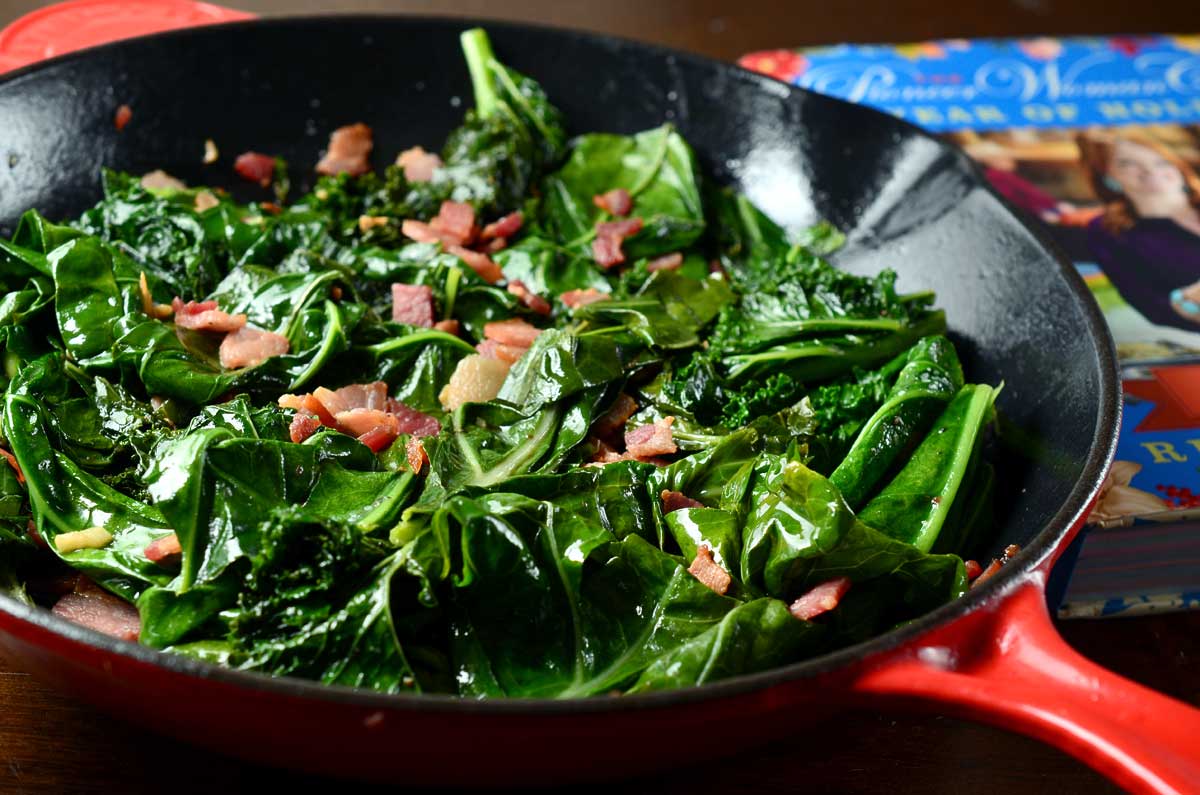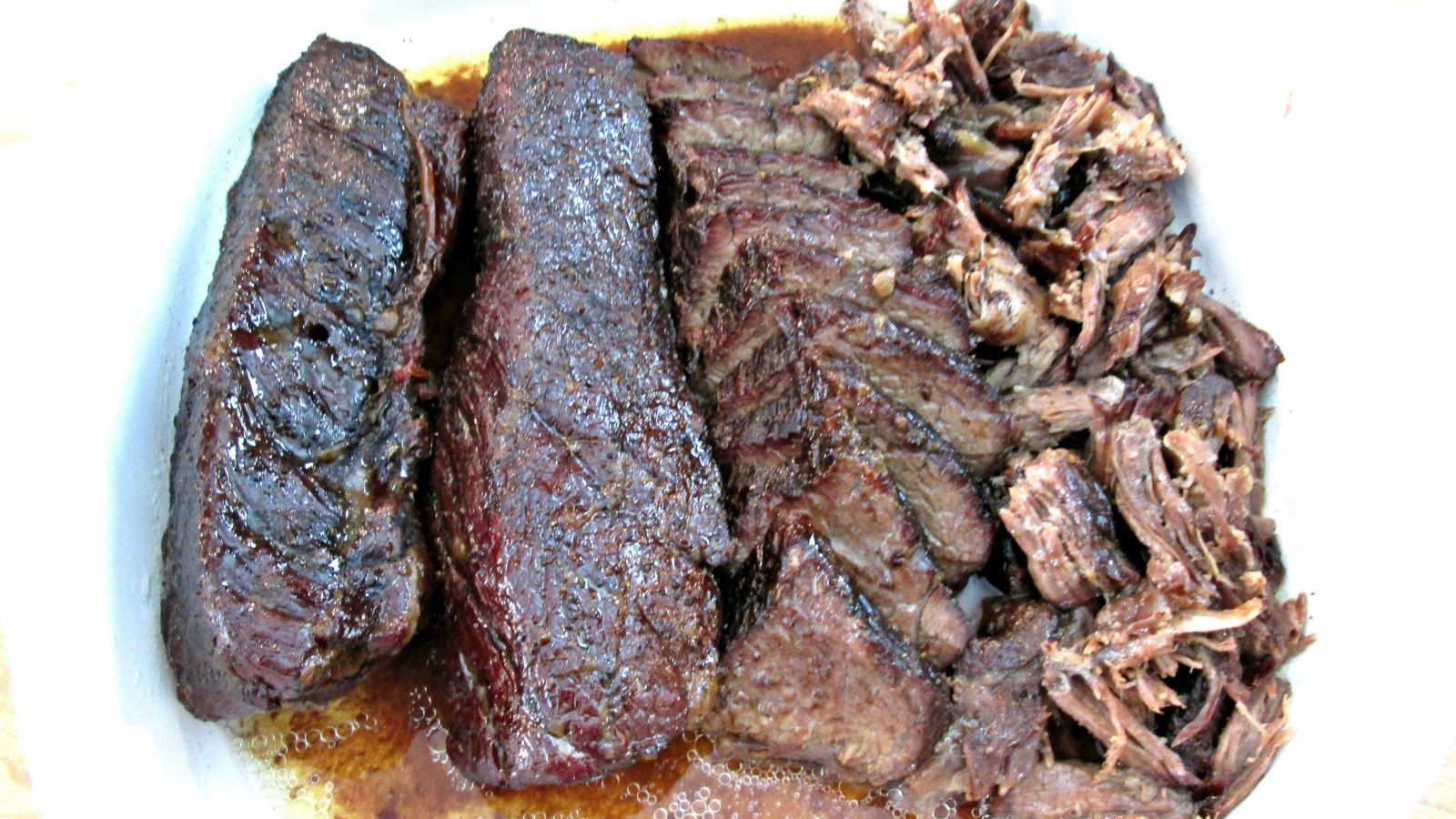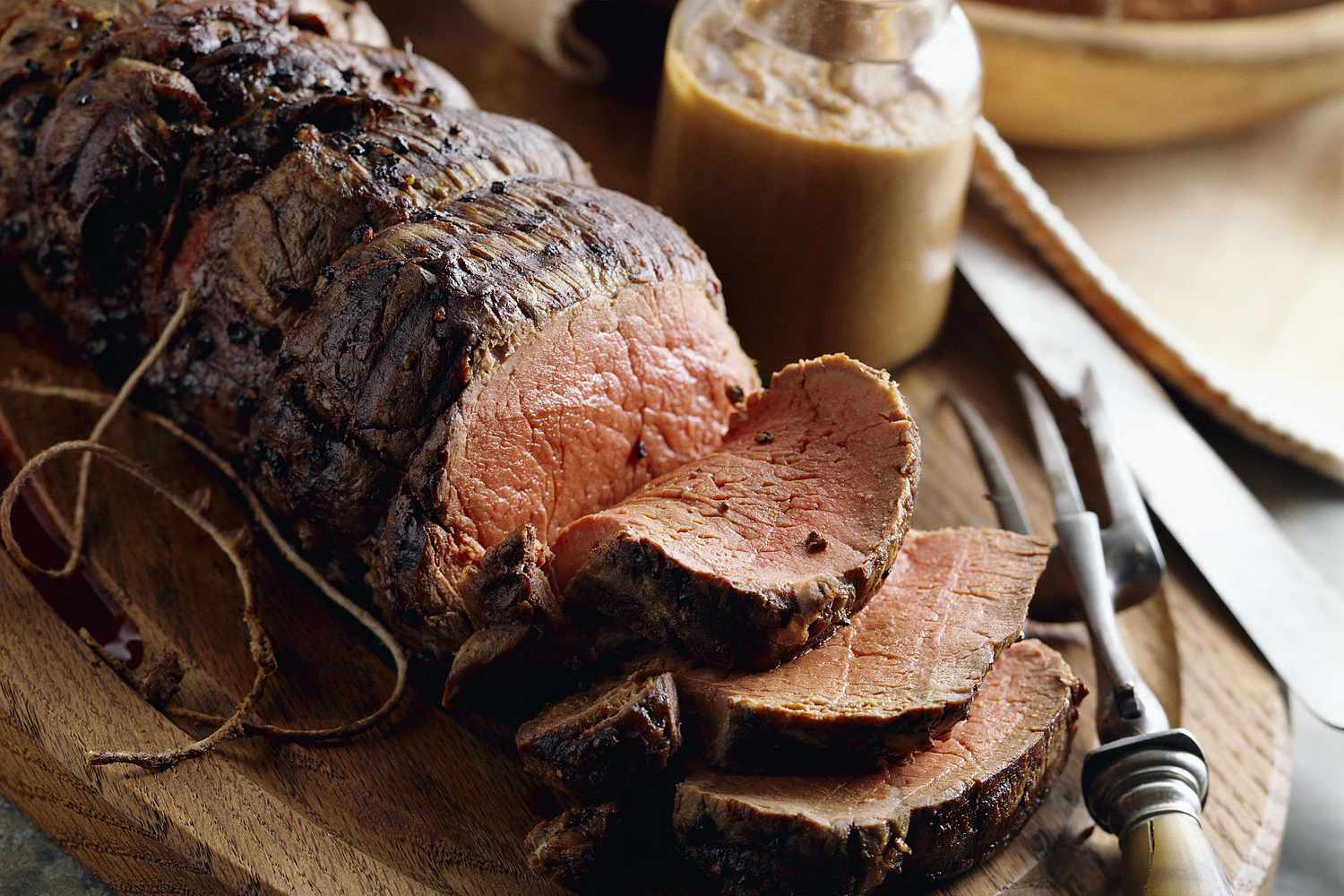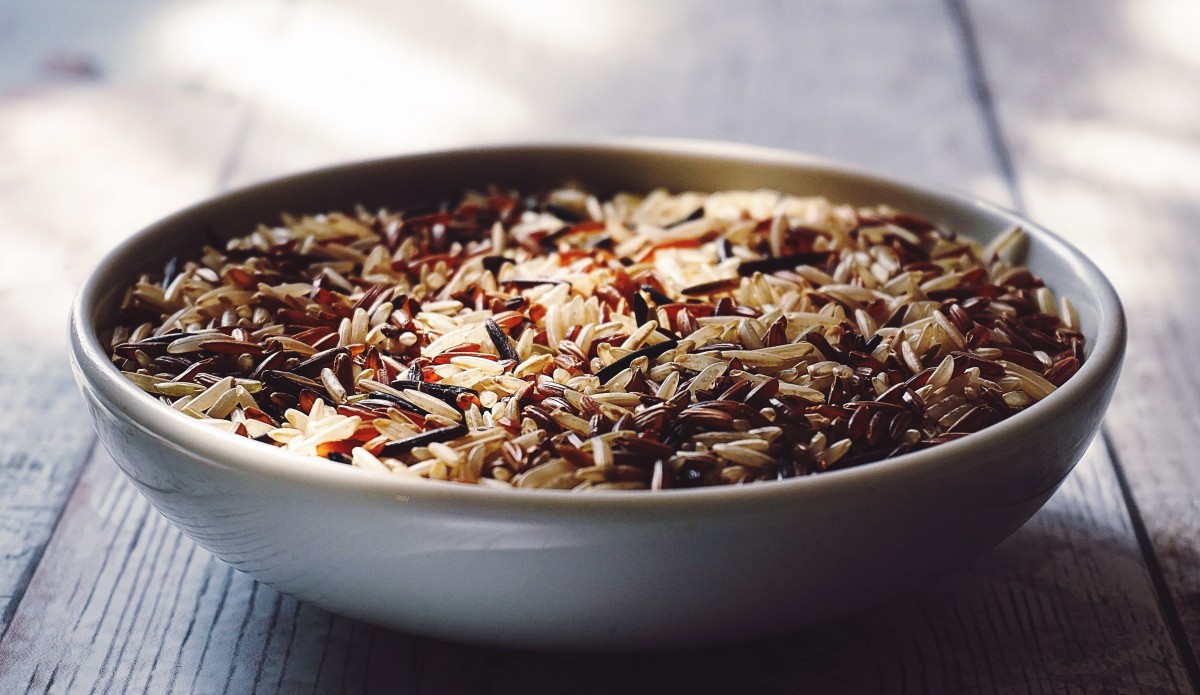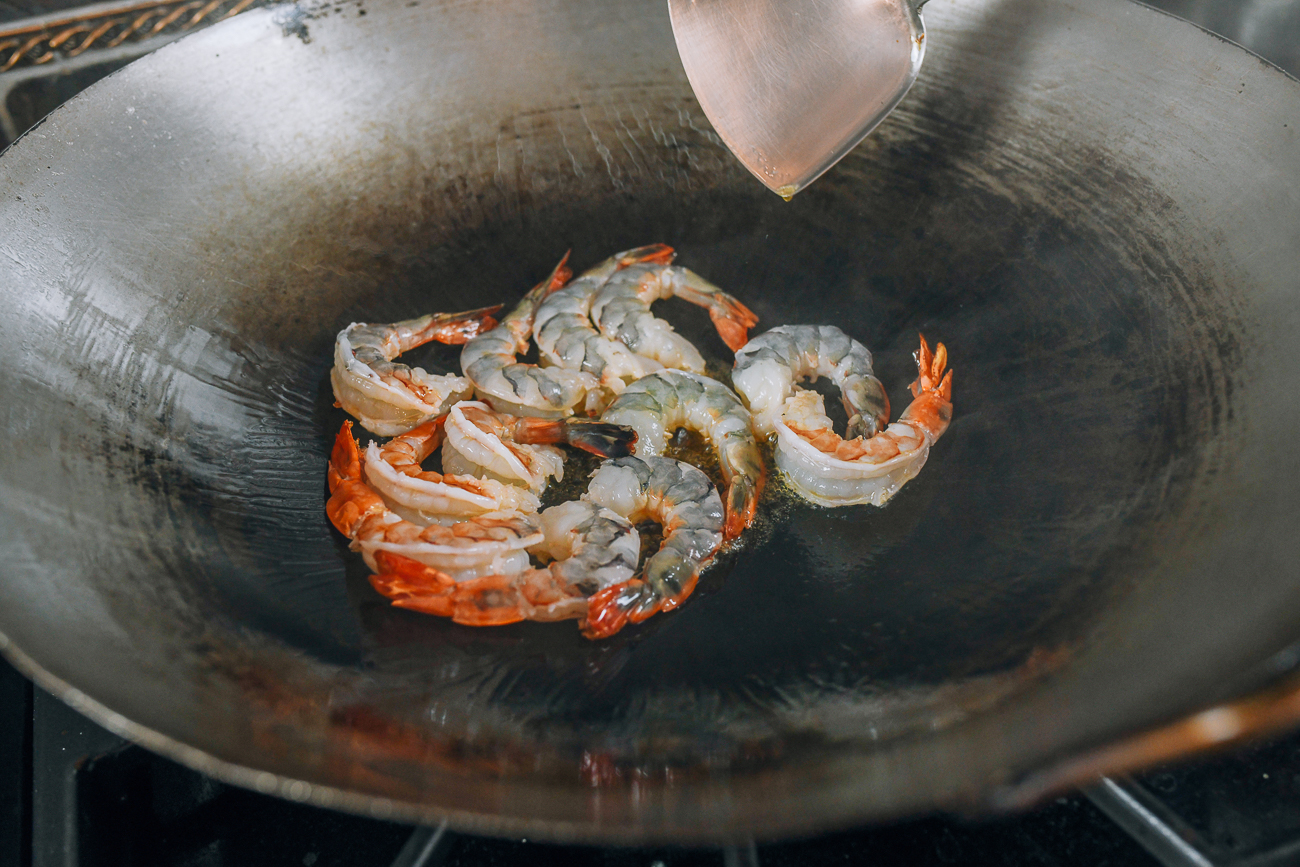Master the Art of Cooking Okra Without the Unwanted Slime
Okra, also known as lady’s fingers, is a versatile and nutritious vegetable that is loved by many. However, there’s one common challenge that often prevents people from fully enjoying this delicious vegetable: its sliminess. When cooked improperly, okra can release a sticky substance that can be off-putting to some.
But fear not! With a few simple techniques and tricks, you can say goodbye to slimy okra and hello to a delightful culinary experience. Here’s how to cook okra without being slimy:
1. Choose Fresh and Young Okra
The first step to achieving non-slimy okra starts at the grocery store or farmer’s market. Look for fresh okra pods that are small to medium in size and bright green in color. Avoid any pods that appear dull, discolored, or have brown spots, as they may be past their prime.
2. Wash and Dry Thoroughly
Before cooking, make sure to wash the okra pods under cold running water to remove any dirt or residue. Using a paper towel or clean cloth, pat them dry to remove excess moisture. This step is crucial as wet okra can contribute to its sliminess during cooking.
3. Trim the Ends
Using a sharp knife, trim about 1/4 inch off both ends of the okra pods. This helps to minimize the release of mucilage, the substance responsible for the sliminess of okra.
4. Slice or Keep Whole
Decide whether you want to slice the okra or keep them whole, depending on your preference and the recipe you’re following. Slicing the okra exposes more surface area, which allows for better heat distribution and can reduce the slimy texture.
5. Dry Stir-Fry
One effective cooking method to minimize sliminess is dry stir-frying. Heat a non-stick skillet or wok over medium-high heat. Add the sliced or whole okra (without any oil or liquid) and stir-fry for a few minutes until it starts to lightly brown. The high heat helps to quickly evaporate the moisture, reducing the chances of sliminess.
6. Use Acidic Ingredients
A great way to counteract the sliminess of okra is by incorporating acidic ingredients. Lemon juice, vinegar, or tomatoes can help to balance out the slimy texture and add a refreshing tang to your dish. Consider adding these ingredients when cooking okra in soups, stews, or curries.
7. Cooking Techniques
Try cooking techniques that involve higher heat and shorter cooking times, such as roasting or grilling. These methods allow for quick evaporation of the mucilage, resulting in a less slimy texture. Roasted okra can be seasoned with spices and enjoyed as a crispy snack.
8. Quick Blanching
Another technique to minimize sliminess is by blanching the okra before incorporating it into your recipe. Bring a pot of water to a boil and immerse the whole or sliced okra pods for 2-3 minutes. Quickly transfer the okra into an ice bath to halt the cooking process. Blanching helps to soften the okra without releasing excessive mucilage.
9. Combine with Absorbent Ingredients
Incorporate ingredients that have absorbent properties to help reduce the slimy texture. Examples include cornmeal, breadcrumbs, or even yogurt. These ingredients can be used in recipes such as okra fritters or okra-based side dishes.
10. Quick Cooking
Lastly, remember that okra is best when cooked quickly and not overcooked. Overcooking can exacerbate its slimy nature. Pay attention to cooking times and avoid prolonged cooking methods.
By following these tips and tricks, you can confidently cook okra without worrying about the unwanted sliminess. Whether you prefer it in soups, stews, stir-fries, or as a standalone side dish, you’ll be able to enjoy the unique flavors and nutritional benefits of this beloved vegetable.
1. Preheat your oven to 425°F (220°C).
2. Trim the ends of the okra pods and slice them lengthwise.
3. In a bowl, combine the sliced okra, 1 tablespoon of olive oil, 1 teaspoon of cumin, 1 teaspoon of paprika, salt, and pepper to taste.
4. Toss everything well to evenly coat the okra.
5. Spread the seasoned okra onto a baking sheet in a single layer.
6. Roast in the preheated oven for 10-15 minutes until the okra is crispy and golden brown, flipping once halfway through.
7. Remove from the oven and serve immediately. Enjoy your non-slimy okra!
Was this page helpful?
Read Next: How To Cook Lasagna With Fresh Pasta Sheets



